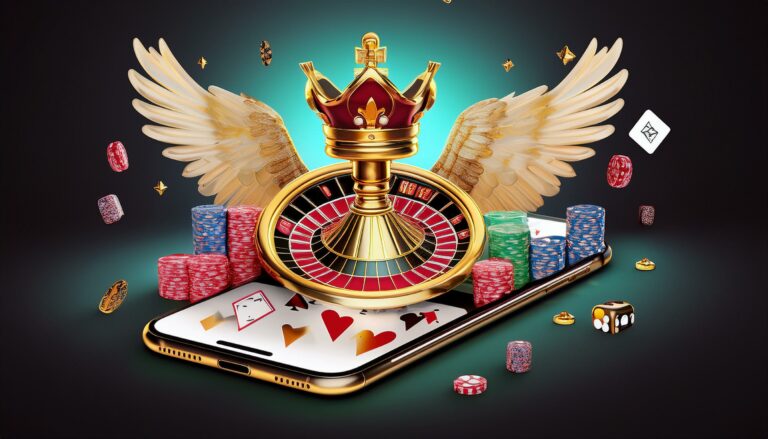Cricket and Indigenous Games: Cultural Heritage and Identity
Allpaanel, 11xPlay: Cricket, often termed as a gentleman’s game, holds immense cultural significance across various regions of the world. The sport’s influence is deeply rooted in British colonial history, where it was introduced as a means of fostering camaraderie among communities. As a result, cricket has evolved into a symbol of unity, pride, and national identity for many countries.
Beyond its colonial origins, cricket has transcended societal barriers and become a unifying force that brings people together across different classes and backgrounds. The passion and fervor for cricket are not limited to the sport itself but extend to the shared values of teamwork, sportsmanship, and perseverance that it embodies. In many countries, cricket matches are not just sporting events but cultural celebrations that showcase the rich tapestry of traditions and customs.
History of Indigenous Games
Indigenous games have long been an integral part of various cultures around the world. These traditional games are deeply rooted in the history and identity of indigenous communities, often serving as a way to connect with their heritage and pass down important skills and values to future generations. From stickball among Native American tribes to Mesoamerican ballgames like ulama, these games have been played for centuries with great significance.
The rules and objectives of indigenous games vary widely, but they all share a common theme of promoting physical fitness, teamwork, and cultural pride. Many games are not just about competition but also about building community spirit and strengthening social bonds. As these traditional games continue to be played and celebrated, they serve as a reminder of the rich history and cultural diversity of indigenous peoples worldwide.
What is the cultural significance of cricket?
Cricket holds a significant cultural importance in many Indigenous communities, often representing community pride, unity, and heritage.
How have Indigenous games evolved over time?
Indigenous games have evolved over time through a combination of traditional practices and modern adaptations, reflecting changes in society and culture.
What role do Indigenous games play in preserving cultural traditions?
Indigenous games play a crucial role in preserving cultural traditions by passing down knowledge and skills from one generation to the next, ensuring the continuity of Indigenous heritage.
How do Indigenous games promote community participation?
Indigenous games promote community participation by offering opportunities for social interaction, teamwork, and shared experiences, fostering a sense of belonging and unity among participants.







